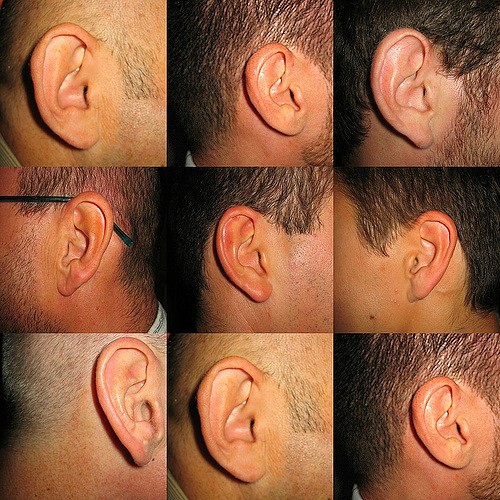Author Interviews, Cost of Health Care, Duke, Geriatrics, Hearing Loss, Hospital Readmissions, JAMA / 08.11.2018
Untreated Hearing Loss: Higher Health Care Costs, More ER Visits and Readmissions
MedicalResearch.com Interview with:
Nicholas S. Reed, AuD
Assistant Professor | Department of Otolaryngology-Head/Neck Surgery
Core Faculty | Cochlear Center for Hearing and Public Health
Johns Hopkins University School of Medicine
Johns Hopkins University Bloomberg School of Public Health
MedicalResearch.com: What is the background for this study?
Response: This study was a true team effort. It was funded by AARP and AARP Services, INC and the research was a collaboration of representatives from Johns Hopkins University, OptumLabs, University of California – San Francisco, and AARP Services, INC. Given all of the resent research on downstream effects of hearing loss on important health outcomes such as cognitive decline, falls, and dementia, the aim was to explore how persons with hearing loss interacted with the healthcare system in terms of cost and utilization.
MedicalResearch.com: What are the main findings?
Response: Over a 10 year period, untreated hearing loss (hearing aid users were excluded from this study as they are difficult to capture in the claims database) was associated with higher healthcare spending and utilization. Specifically, over 10 years, persons with untreated hearing loss spent 46.5% more, on average, on healthcare (to the tune of approximately $22000 more) than those without evidence of hearing loss. Furthermore, persons with untreated hearing loss had 44% and 17% higher risk for 30-day readmission and emergency department visit, respectively.
Similar relationships were seen across other measures where persons with untreated hearing loss were more likely to be hospitalized and spent longer in the hospital compared to those without evidence of hearing loss. (more…)



